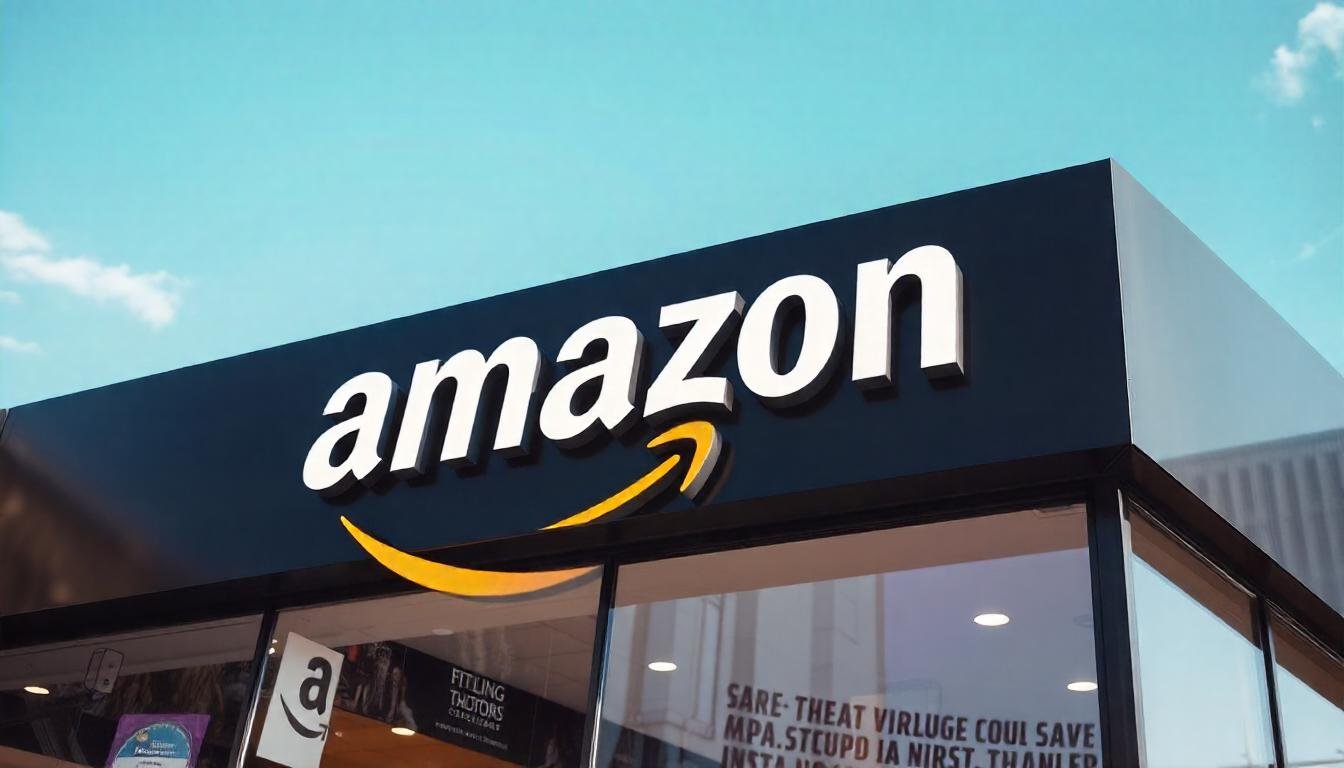Amazon and Flipkart have revolutionized the face of shopping, especially with how it is being done around the world. This global giant is reaching new heights in markets such as India as it becomes dominant in online shopping. The scrutiny of regulators continues to increase with business growth. As business news today has just emerged that their executives have been summoned for questioning by India, important questions arise regarding the future of Amazon and Flipkart. Let’s dive deep into this article how these companies are growing, face challenges, and what it means for both your businesses and consumers.
Global Growth of Amazon and Flipkart
First and foremost, it is a must to understand why Amazon and Flipkart are the most dominant companies worldwide in the e-commerce marketplace. Their achievements changed the way people shop and opened up opportunities for businesses to thrive all over the world.
Founded in 1994 by Jeff Bezos, this e-commerce giant has grown to be the world’s largest online retailer, with a presence in over 200 markets globally. From books to electronics, groceries, and even cloud computing services through Amazon Web Services, this company offers just about anything imaginable, making it a one-stop shop for millions.
On the flip side, Flipkart is the leading e-commerce company in India, born in 2007 and acquired by Walmart. Beginning as a book-selling business, it went booming to electronics, fashion, home goods, and all else under the sun. Both have been leaders in what many argue is the digital retail revolution and have leveraged technology to deliver curated shopping experiences as well as be efficient at delivering purchased items.
In India, Flipkart leads the market with approximately 32%, and Amazon takes close to 24%. The country’s e-commerce market stands to grow to some $70 billion over the next several years. With great power comes great responsibility, however, and now both are under greater regulatory scrutiny again, particularly in India.
The Regulatory Scrutiny: What’s Happening?
Recently, the Enforcement Directorate of India, an investigative body for economic enforcement law, launched an investigation against Amazon and Flipkart. The department charged that the respective firms are violating foreign investment laws in India due to the way they deal with their inventories as well as third-party sellers.
India does not allow foreign e-commerce companies such as Amazon and Flipkart to own or directly control the inventory of the products they sell on their platforms. Instead, the law forces them to act as a marketplace by allowing third-party sellers to list their products, in which case they facilitate transactions. However, as ED’s investigation shows, such control over inventory can be exercised by a few favored sellers, such as Amazon and Flipkart, to bypass this rule.
What Does All This Mean for Businesses?
This serves as a timely reminder to anyone who might have been following the news about business and the regulatory challenges that come with growing a business, especially in global markets. Of course, whether you run an international firm or a small business, the need to grow your business requires much more than strategic product offering decisions and market expansion strategies. Rather, it requires a very good understanding of what the regulatory environment might be.
Foreign market complexities include Amazon and Flipkart, where local laws intended to protect smaller businesses and ensure fair play. Grow too fast, and sometimes companies become caught in a grey legal zone, especially with respect to inventory or business operations control via intermediaries.
With so much scrutiny on Amazon and Flipkart, other businesses take this as a golden lesson and follow the lay of the land: Understand the legal landscape in your market. Be transparent with your business, and ensure that your practices are permissible under the laws of the land. Failure to do so might cost you an investigation, a fine, or even an attack on your reputation.
How to Grow Your Small Business in a Competitive Market
As far as the regulatory challenges that Amazon and Flipkart are facing, it should not deter small businesses from learning big things from them. If you are looking for answers on how to grow your small business in today’s competitive landscape, here are some key takeaways:
Embrace the digital platforms: Like Amazon and Flipkart, small businesses can start by setting up an online store or selling on established platforms. With more and more shopping consumers going online than ever, having an e-commerce presence can expand your reach.
Focus on customer experience: The very reason Amazon and Flipkart are successful today is because they have placed all their focus on customer experience.
Are they speedy delivery, an easy return policy, or personalized recommendations?
These platforms ensure that shopping is hassle-free. What small businesses can do: They should ensure good shipping, their websites are friendly, and they should ensure a return policy that also doesn’t hamper the customers’ interests.
Leverage Technology: Both Amazon and Flipkart take the help of the most advanced technologies to run their businesses. Small businesses do not have to have a huge budget to leverage technology either, as there are many affordable tools that can manage inventories, process payments, and track customers.
Understand Your Market: Small businesses should know their market as much as Amazon and Flipkart do. Whether it is local or global, understanding the taste and requirements of your client is very crucial. Adapt the offerings through marketing and products according to their expectations.
Compliant: Stay in line with local laws, as Amazon and Flipkart probably have done. Be sure to understand any restrictions on inventory, tax, and even running the business itself. That protects your business from legal issues and gives customers greater confidence in your company.
Conclusion
Amazon and Flipkart have created new nodes that are transforming the global e-commerce industry landscape, but the journey is not without challenges. It also creates a very important learning in this regard for other businesses about complying with and having fair and transparent competition while there are business owners or consumers who want to learn how to try to understand the nuances of the e-commerce sector. Stay up to date with the latest business news today, and remember, knowledge is the key to growing your business, often through adaptation, or in other words, by keeping the customer at the heart of what you are doing.




